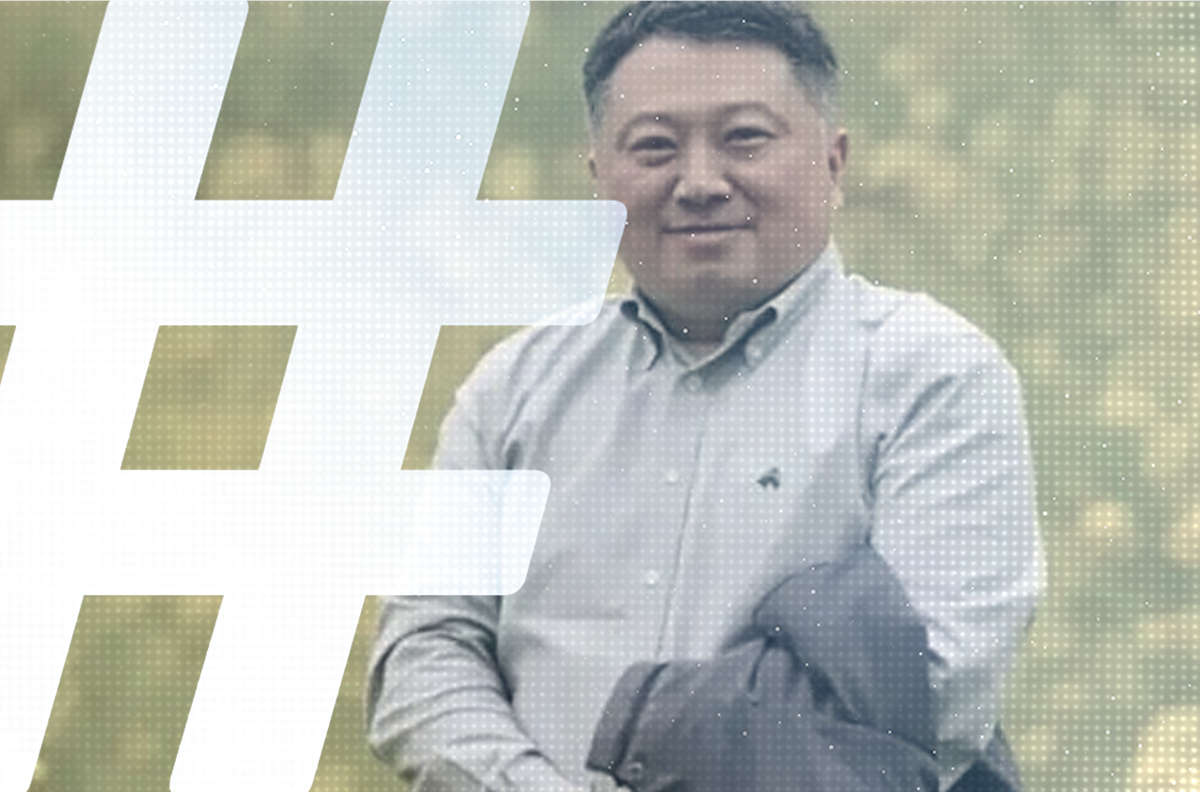
Are you an editor with strong English skills? Capable of striking up relationships with overseas think tanks, universities, and key opinion leaders? Do you have experience working at central state media, or perhaps for an international public relations firm? Alternatively, are you AI literate, with a background in computer science — the kind of person who can train AI models and optimize AI-generated content (AIGC) creation?
If this sounds like you, gainful employment is just a click away. Positions are opening in hundreds of centers across China now striving — with some difficulty — to staff up the world’s largest national network for international communication.
On January 10, a little-known Beijing-based publishing company published a list of job vacancies, ranging from English-language social media editors to AIGC specialists.
Established in 2015, the company that posted the ad, Xufang International Media (煦方国际传媒), is a subsidiary of China International Communications Group (CICG), also known as the China Foreign Languages Publishing Administration (中国外文出版发行事业局). While CICG regards itself as a global media company, it is directly controlled by the Chinese Communist Party’s Central Propaganda Department — and its primary role is to contribute to China’s external propaganda operations, or dawaixuan (大外宣). This involves a range of activities, including book translation and publishing, “multimedia international communication” (全媒体国际传播) — think influence across foreign social media platforms — and “external discourse innovation” (对外话语创新), which could include the deployment of AI and other new methods. The group is also engaged in international film co-production, like the cooperation CMP exposed a year ago between CICG and the Discovery Channel to promote favorable views internationally of Xinjiang.
CICG publishes decades-old propaganda staples like Beijing Review (北京周报) and China Today (今日中国). But it has also transformed with the times, now managing such digital platforms as “China Matters,” which has 170,000 followers on YouTube and 9 million on Facebook. Videos on the platform are the sort of standard fare familiar to those who have seen external propaganda from the likes of CGTN, China’s international broadcasting arm. In one recent video, Bill Brown, a professor at Fujian’s Xiamen University whom CCP-run media have lionized as a man “with a Chinese heart,” speaks against “Western misconceptions of China today,” a standard state media frame.
Seeking Talent
In the job ad this month, the CICG subsidiary positions itself as a key player in China’s digital outreach efforts, talking up China Matters as well as a product called “Third Eye on China” (第三只眼看中国). It claims to have partnerships with more than 100 international news agencies and scores of major newspapers and magazines. The company boasts, without evidence, that it “operates a social platform cooperation and dissemination network that covers 80 percent of foreign short video bloggers in the market.”
The company’s job listing offers a glimpse at what skillsets the country’s growing network of “international communication centers” (国际传播中心), or ICCs, are prioritizing as China tries to follow Xi Jinping’s directive to “tell China’s story well.”
Understandably, the job listings emphasize bilingual talent. The ICC wants a supervisor to organize “international cultural exchange activities,” two editors with a high level of English to better work on messaging, and broadcasters who not only have good English but are “good at communicating with others.” The general trend is towards personnel attuned to their target audience, well-equipped to reach out to the international community.
Xufang International positions itself as a "new media" operation, focusing on social media and vlogging. So among the job listings is an "Overseas KOL Operations Manager," working to create “strategic partnerships” with foreign influencers and bloggers. Their English editors are expected to “attract fans’ attention through high-quality content” on TikTok, Facebook, Instagram and YouTube.
Special priority is also given to AI-generated content, which the ICC wants two staff members to focus on full-time. One will be charting the annual targets of the center’s “AI Vision Studio” and pushing AI integration into what Xufang calls its “new media marketing.” Although it isn’t entirely clear what this means, the staffer’s job requirements — experience in natural language processing and recommendation algorithms — may mean they would be using AI to promote Xufang’s content on Western social media platforms.
The other AIGC position is described as an “Application Engineer.” But the duties outlined, like creating “precise prompt words” and using AI for “video production” make it appear this employee will be producing AI videos, possibly along lines set by Chinese state broadcaster CCTV. Our previous experiments have shown that creating AI videos is dull and repetitive work, requiring patience with unpredictable AI diffusion models where the smallest change to the wording of a prompt can change everything.
Intriguingly, the only AI model the engineer requires knowledge of is Stable Diffusion, an AI-video generation model from UK-based Stability AI. Despite China’s push to create its own home-grown AI video generation services, it seems that Xufang does not think these are up to the task. Here, they are not alone. After months of beating around the bush, CCTV itself has recently credited Western AI services ChatGPT and Midjourney for producing their AI videos.
Four years into the surge in new ICCs that now cover nearly all of China, the centers have yet to break the mold when it comes to propaganda for global audiences. But Xufang’s job listing shows that innovation — particularly involving AI — is very much the order of the day.




















